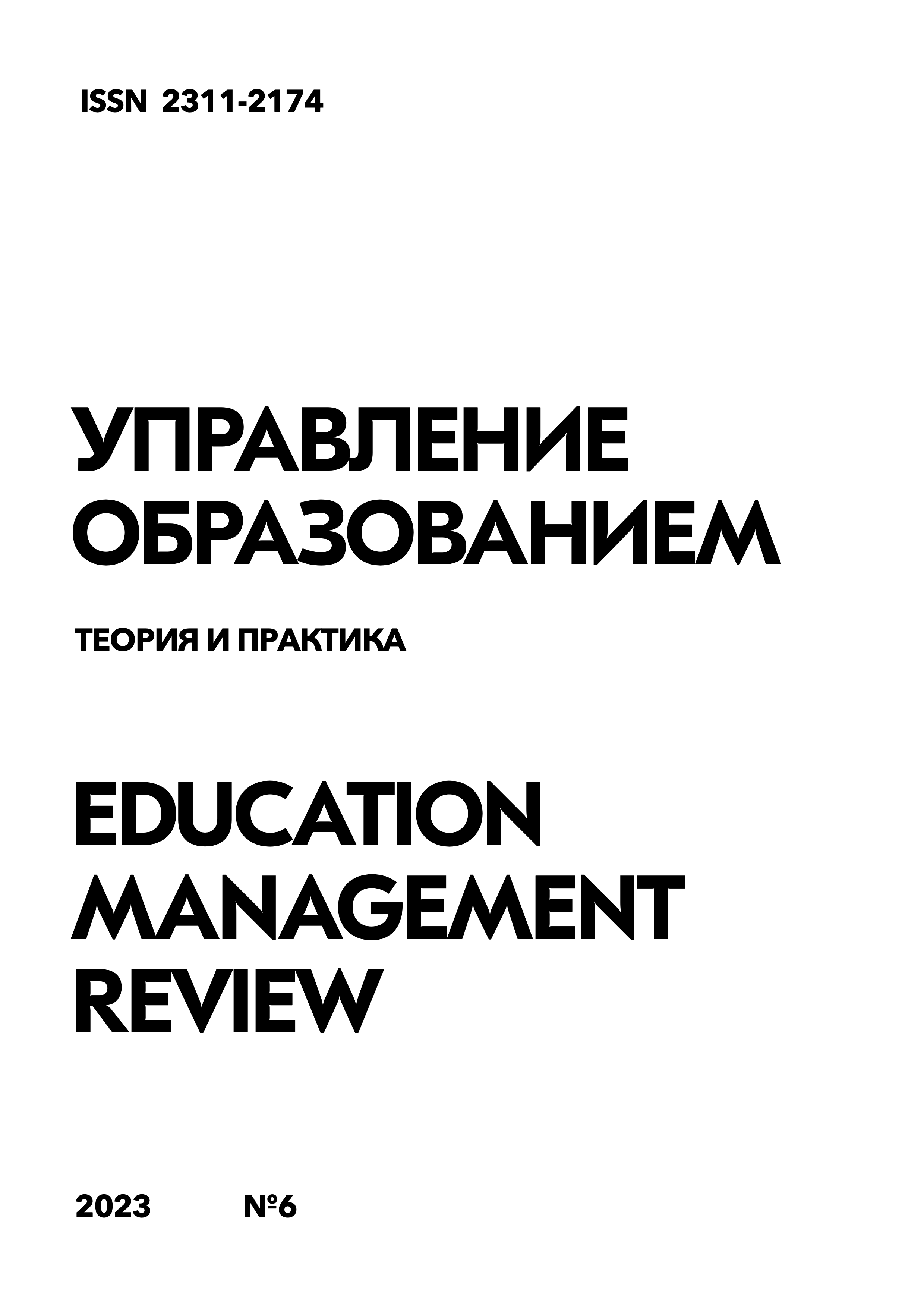State data security in the context of sanctions and economic pressure
DOI:
https://doi.org/10.25726/w9269-5289-1129-gKeywords:
blockchain, AI, machine learning, security, governmentAbstract
Today, there is a rapid development of information and telecommunications systems and technologies and, as a result, their wide application in various spheres of society's activities. A significant number of modern public and private institutions use information and telecommunications systems to manage production processes, support decision-making, store and process information, search for necessary data, and so on. Almost all of these systems work on the principle that processes are managed centrally and full control over the system can be obtained by accessing the main central server. This increases the risk of compromising the entire system, the number of its vulnerabilities and threats. As blockchain technology continues to gain popularity and usage worldwide, the issue of state data security has become increasingly important, particularly in the context of economic sanctions and pressure. This article examines the implications of economic pressure and sanctions on state data security within blockchain technology. The article first discusses the fundamentals of blockchain technology, including its security features and potential vulnerabilities. It then explores the various ways in which economic pressure and sanctions can impact the security of state data within blockchain, including the use of blockchain technology to circumvent sanctions, the risk of data breaches, and the potential for data manipulation. The article also examines various measures that can be taken to enhance state data security within blockchain, including the development of robust encryption protocols, the implementation of multi-factor authentication, and the use of decentralized data storage. Overall, the article highlights the importance of addressing state data security concerns within the context of economic pressure and sanctions, and provides recommendations for policymakers and blockchain practitioners to enhance the security of state data within blockchain technology.
References
Yang L., Elisa N., & Eliot N. (2018). Privacy and security aspects of E-government in smart cities. New York: Elsevier Press.
Cryptomathic. (2015). A key component for e-government security. https://www.cryptomathic.com/news-events/blog/key-for-egovernment-security-central-signing-authentication/
Huh S., Cho S., & Kim S. (2017). Managing iot devices using blockchain platform. In 2017 19th international conference on advanced communication technology (ICACT) (pp. 464–467). IEEE.
Turkanović M., Hölbl M., Košič K., Heričko M., & Kamišalić A. (2018). Eductx: A blockchainbased higher education credit platform. IEEE Access, 6, 5112–5127.
Noe E. (2017). Usability, accessibility and web security assessment of e-government websites in tanzania. International Journal of Computer Applications, 164(5), 42–48.
Clavin J., Sisi D. (2019) Global Transformation with Blockchain: From Lab to App: Workshop Summary. Retrieved October 21, 2020 from https://carta.umbc.edu/workshops/workshopsblockchainworkshop2018/.
Zeng J., Yu Liu. (2021). Government Data Sharing based on Blockchain. In 2021 The 3rd International Conference on Blockchain Technology (ICBCT '21), March 26-28, 2021, Shanghai, China. ACM, New York, NY, USA, 9 Pages. https://doi.org/10.1145/3460537.3460562
Elisa N., Yang L., Naik N. (2018). Dendritic cell algorithm withoptimised parameters using genetic algorithm. In IEEE worldcongress on computational intelligence (pp. 1–8). IEEE
Li J., Yang L., Qu Y., & Sexton G. (2018). An extendedTakagi–Sugeno–Kang inference system (tsk?) with fuzzy inter-polation and its rule base generation. Soft Computing,22(10),3155–3170
Tshering G. and Gao S. (2020), "Understanding security in the government's use of blockchain technology with value focused thinking approach", Journal of Enterprise Information Management, Vol. 33 No. 3, pp. 519-540. https://doi.org/10.1108/JEIM-06-2018-0138
Yang L., Elisa N. and Eliot N., (2019). Privacy and security aspects of Egovernment in smart cities. In Smart cities cybersecurity and privacy (pp. 89-102). Elsevier.
Addo A., & Senyo P. K. (2021). Advancing E-governance for development: Digital identification and its link to socioeconomic inclusion. Government Information Quarterly, 38(02), 101568. https://doi.org/10.1016/j.giq.2021.101568.
Bouras M. A., Lu Q., Zhang F., Wan Y., Zhang T., & Ning H. (2020). Distributed ledger technology for eHealth identity privacy: State of the art and future perspective. Sensors (Switzerland), 20(02), 1–20.
Di Porto F., & Zuppetta M. (2021). Co-regulating algorithmic disclosure for digital platforms. Policy and Society, 40(02), 272–293. https://doi.org/10.1080/14494035.2020.1809052.
Gilani K., Bertin E., Hatin J., & Crespi N. (2020). A survey on blockchain-based identity management and decentralized privacy for personal data. 2nd Conference on Blockchain Research & Applications for Innovative Networks and Services (BRAINS) pp. 97–101. https://doi.org/10.1109/BRAINS49436.2020.9223312.




